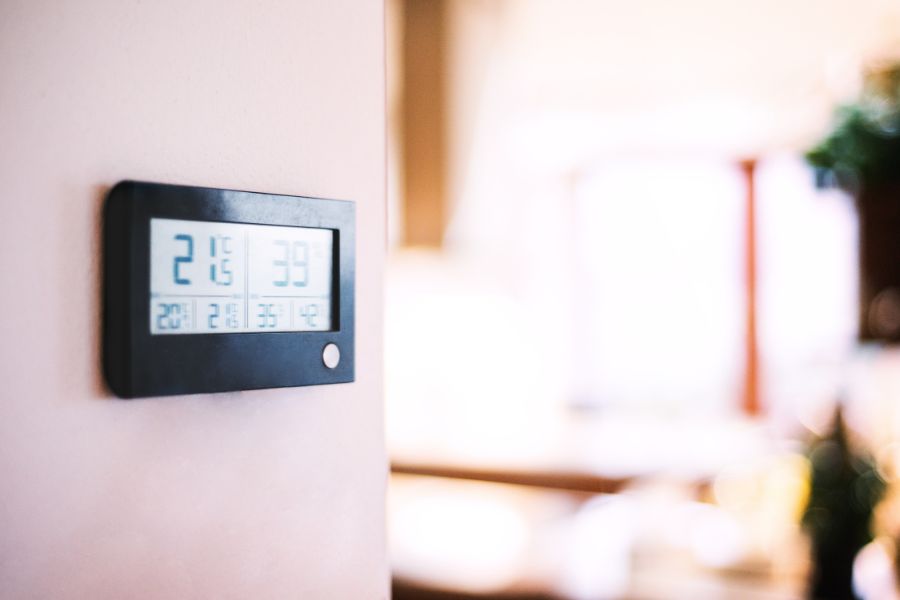Blog
Is There a Connection Between Humidity and AC Performance?
When it comes to maintaining a comfortable home environment during the warmer months, understanding the relationship between humidity and your air conditioning (AC) system is essential. High humidity levels can have a profound impact on your AC’s performance, your comfort, and your wallet. This blog delves into the ways humidity influences air conditioning systems and offers practical advice for managing indoor humidity levels.
Understanding Humidity and Its Impact on Comfort
The Basics of Humidity
Humidity represents the amount of water vapor present in the air. High outdoor humidity levels can make warm temperatures feel even hotter because the excess moisture in the air hampers the body’s ability to cool itself through perspiration. Similarly, when the indoor air in your home has high humidity levels, it can make your living space feel warmer and less comfortable, even if the thermostat is set to a cool temperature.
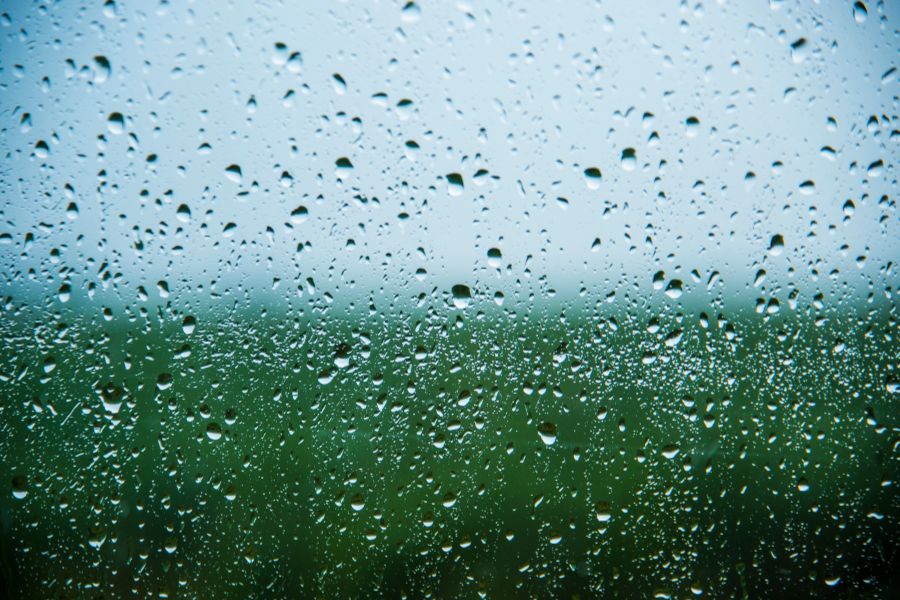
Signs Your Home Has High Humidity
Identifying high indoor humidity is the first step in tackling it. Some telltale signs include:
- A feeling of clamminess or moisture in the air
- Foggy windows
- Musty odors
- Visible mold or mildew growth
- Exacerbation of allergy symptoms
The Science of Humidity and AC Performance
How Humidity and AC Performance Are Related
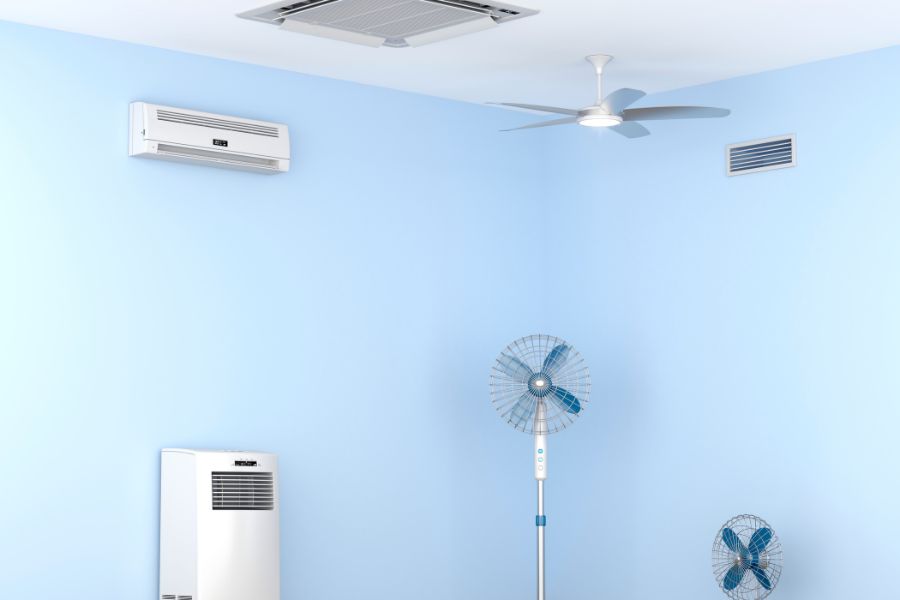
Air conditioning systems do more than cool the air; they also play a crucial role in reducing indoor humidity levels. They achieve this by pulling warm, moist air from the indoor environment, cooling it (which removes the moisture), and circulating the drier, cooler air back into the room. However, when humidity levels are excessively high, AC units struggle to efficiently remove the moisture, leading to potential performance issues.
The Consequences of High Humidity on AC Systems
High humidity can challenge even the most efficient air conditioning systems. Here are several ways in which high humidity and AC performance are linked, and their impact:
- Reduced Cooling Efficiency: High indoor humidity levels can make your AC unit work harder than necessary, reducing its cooling efficiency and increasing wear and tear.
- Increased Energy Consumption: As the AC strains to cool and dehumidify your home, it consumes more energy, leading to higher utility bills.
- Uneven Cooling: Excess humidity can cause your AC to cycle on and off more frequently, resulting in uneven cooling and hot spots within your home.
Practical Tips for Managing Indoor Humidity
Adjusting Your Living Habits
Simple changes in daily activities can significantly impact indoor humidity levels. For instance, venting the bathroom during showers, using exhaust fans in the kitchen, and avoiding hanging wet clothes indoors can all help reduce moisture.
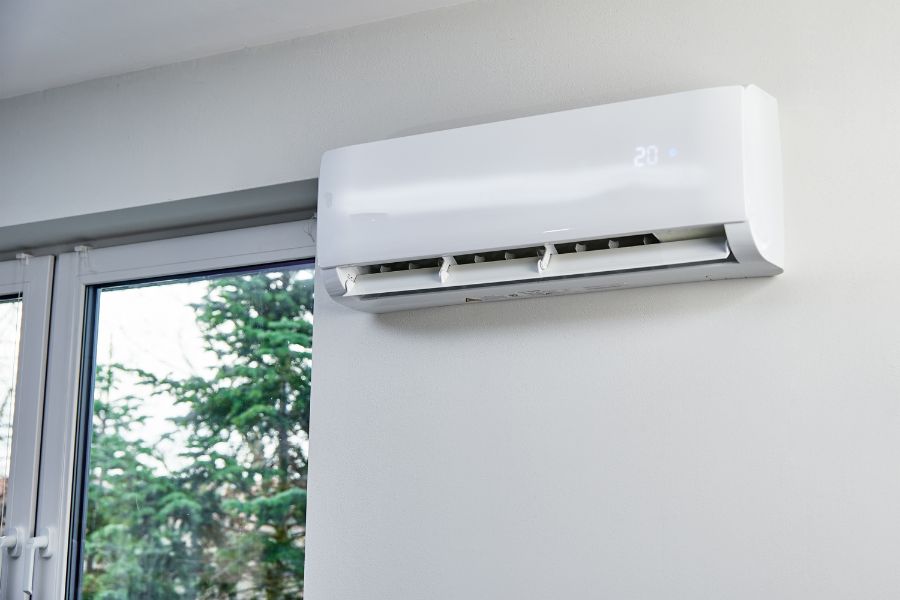
Equipment Adjustments and Upgrades
- Dehumidifiers: Installing a dehumidifier can directly tackle high humidity levels, making your home more comfortable and allowing your AC to work more efficiently.
- AC Maintenance: Regular maintenance of your AC unit ensures it operates efficiently, effectively reducing humidity levels. This includes cleaning or replacing filters, checking the refrigerant levels, and ensuring the coils and fans are in good working condition.
- Upgrade to a Modern AC System: Modern AC unit installations often come with built-in dehumidifiers or variable speed motors that can more effectively manage humidity levels.
Ventilation and Insulation
Improving your home’s ventilation and insulation can also help manage humidity levels. Ensuring that your home is properly sealed against external humidity while providing adequate ventilation for internal moisture can create a balanced indoor environment.
When to Seek Professional Help
Despite your best efforts, there may be times when you need professional assistance to manage humidity levels and maintain your AC unit. If you notice persistent issues such as uneven cooling, excessive moisture, or if your AC system is struggling to maintain comfortable temperature levels, it might be time to call in the experts.
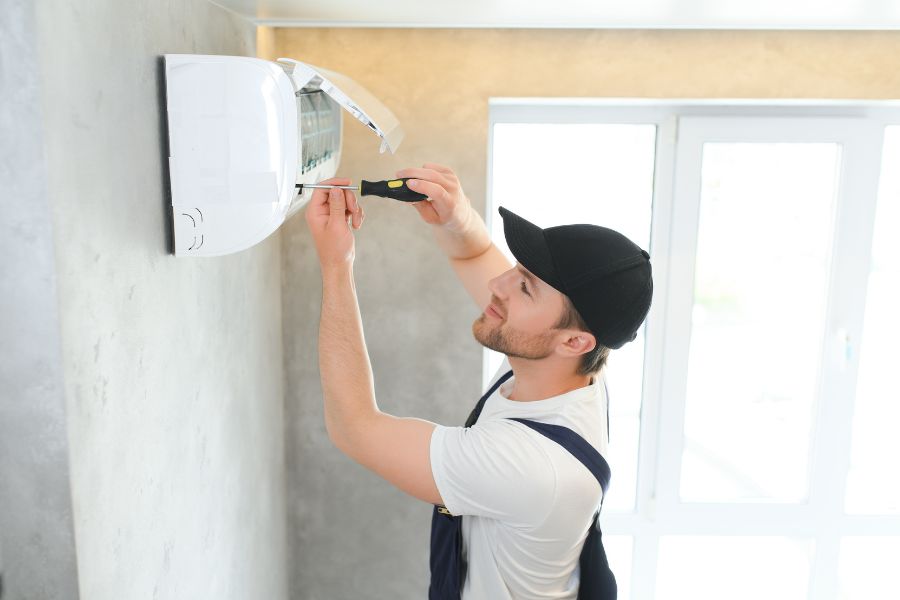
Partnering with One Stop HVAC
At One Stop HVAC, we understand the critical role your air conditioning system plays in ensuring your home is comfortable and energy-efficient. Our team of friendly experts is here to provide maintenance tips, perform system check-ups, and offer solutions tailored to your home’s specific needs. Whether you have questions about your current system, require same-day AC repair, or are considering an upgrade, we’re here to help every step of the way.
Keeping Your Cool: A Summary
Managing humidity is key to maintaining a comfortable home environment and ensuring your AC unit performs at its best. By recognizing the signs of high indoor humidity and taking proactive steps to address them, you can improve your AC’s efficiency, lower your energy bills, and enhance your overall comfort. Remember, regular maintenance and professional advice can go a long way in optimizing your air conditioning system’s performance.
If you’re dealing with persistent humidity issues or have any concerns about your AC system, don’t hesitate to reach out to One Stop HVAC. Let us help you keep your cool, efficiently and effectively.
